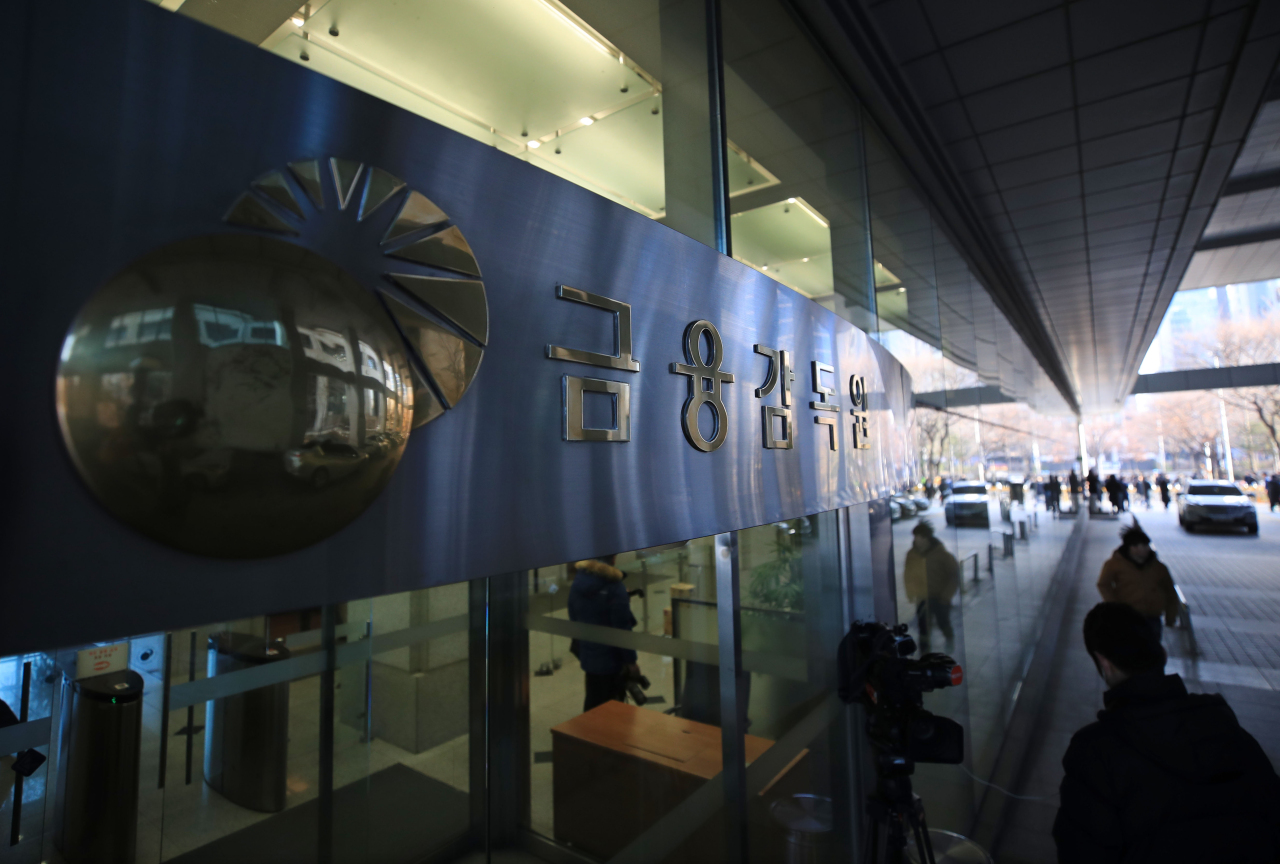Banks undermine watchdog, reject KIKO arbitration
FSS’ lack of legal authority creates uncertainties in the financial sector
By Jung Min-kyungPublished : March 8, 2020 - 14:21

The Financial Supervisory Service is finding itself under mounting strain as local banks are blatantly refusing or delaying their response to its mediation proposal over the disputed sales of currency-linked derivatives.
As of Sunday, only one out of six lenders -- Woori Bank -- has consented to the FSS’ recommendations to pay indemnities for the alleged misselling of derivatives. The knock-in, knock-out -- KIKO -- products caused 723 local businesses to lose a combined 3.3 trillion won ($2.8 billion) during the 2008 global financial crisis.
Citibank Korea and Korea Development Bank released official statements on Thursday, clearly stating that they will not proceed as recommended. Hana and Daegu banks have put their decisions on hold by making a “delay of response” request to the FSS on Thursday, while Shinhan mirrored their moves the following day.
Citibank Korea and Korea Development released official statements on Thursday, clearly stating that they will not accept the recommendation. Hana and Daegu banks have all put their decisions on hold by making a “delay of response” request to the FSS on Thursday, while Shinhan mirrored their moves the following day.
The deadline for accepting FSS’ proposal has been extended three times so far, taking the latest delay into account. This follows the watchdog’s dispute settlement board’s recommendation in December to six commercial lenders here to pay indemnities to four small and medium-sized businesses here. The compensation would amount to 25.6 billion won if paid accordingly.
Industry watchers are concerned that the repeated request for deadline extension may be some lenders’ tactics to sit-on the case as long as allowed, while a direct refusal indicates their lack of concern over the FSS’ decision.
The watchdog’s recommendations hold no legal weight, requiring related parties to settle the cases of their own volitions or government aid to resolve the issue.
Although it may seem simple on the surface, the KIKO case is complicated for all parties involved, especially in terms of legality.
The banks, first of all, no longer have a legal responsibility to offer indemnities to its KIKO clients since the case’s 10-year statute of limitation has expired.
On top of it, the nation’s top court in 2013 ruled KIKO contracts as “not unfair,” clearing the lenders of all fraud charges. The court cited that KIKO’s structure was designed to incur “losses to one side and bring profits to the other side amid changing market conditions.
Citibank Korea’s statement released last week is seen as referring to such complicated legal circumstances. The New York bank’s Korean subsidiary said it would “review all relevant facts on a case-by-case basis in accordance with past judicial precedents and work toward a solution which may include partial settlement.”
The lenders are apparently reluctant to set a precedent that may work against them in the future, by accepting the FSS’ recommendations.
Despite the FSS’ latest vows to bolster customer protection, the outlook for the KIKO cases look cloudy.
KIKO were designed to help buyers hedge against currency swings, when purchasers could sell foreign currencies at a fixed rate when the exchange rate moved within a preset range.
By Jung Min-kyung (mkjung@heraldcorp.com)









![[Kim Seong-kon] Democracy and the future of South Korea](http://res.heraldm.com/phpwas/restmb_idxmake.php?idx=644&simg=/content/image/2024/04/16/20240416050802_0.jpg&u=)








![[KH Explains] Hyundai's full hybrid edge to pay off amid slow transition to pure EVs](http://res.heraldm.com/phpwas/restmb_idxmake.php?idx=652&simg=/content/image/2024/04/18/20240418050645_0.jpg&u=20240418181020)

![[Today’s K-pop] Zico drops snippet of collaboration with Jennie](http://res.heraldm.com/phpwas/restmb_idxmake.php?idx=642&simg=/content/image/2024/04/18/20240418050702_0.jpg&u=)